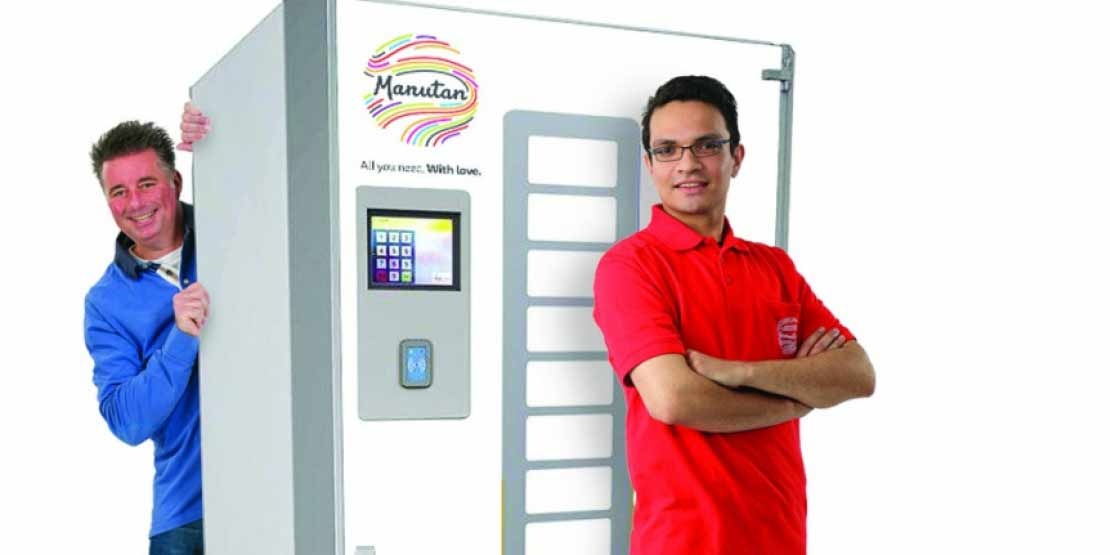In the wake of the e-procurement wave, one of the topics that most frequently crops up during discussions with buyers is vending machines (VMs). Just like the drinks and sweets dispensers that can be found in any self-respecting communal area, VMs are installed in workshops, factories and warehouses. They contain safety gloves, safety glasses and the tools that employees need to do their work.
Many benefits
- Total product availability both day and night, this is extremely useful for companies operating three-shift systems.
- No central stores, providing benefits such as a reduced working capital requirement and employees being assigned to higher value-added tasks instead of just managing stock.
- Controlled product consumption with a much lower risk of "shrinkage", the result of every employee using a personal magnetic strip card to get their supplies.
- Higher productivity, as installing machines directly where they are used reduces wasted trips to stores, this is a major benefit in large factories and warehouses.
- Automatic replenishment using a direct connection with the retailer's information system and daily or weekly manual replenishment as and when required.
Our experience at Manutan has shown that vending machines can reduce consumption by 30%, not to mention big gains in productivity.
So are vending machines a miracle solution?
Yes... provided that they are introduced into the company in a methodical manner. When the company announces that it is going to install vending machines, it should not ignore any fears or resistance expressed by employees. "Big brother", "hidden outsourcing” and "forced productivity" are just some of the reactions that have been heard. These remarks obviously go against what these new tools can bring to the company, but if left unaddressed, they can lead to rejection and failure.
Therefore it’s important the workforce is consulted when looking to implement vending machines and the company must highlight how it will use the resources (financial, human, productivity) that are freed up. For example, at one of our customers, the people who used to be in charge of the central stores have been assigned to negotiating with suppliers for orders over 1,500 euros. In another company, the time that has been saved reducing wasted trips to stores has been used to organise 10-minute muscle warm-up sessions that reduce the risk of work-related accidents.
Additionally, vending machines should be phased in. Start with one or two areas and measure the benefits before spreading them throughout the company. As with all e-procurement projects, successful implementation depends on a combination of the new technology and a relational communication strategy. This is the only way to transform a "passing fad" into a long-term solution!









